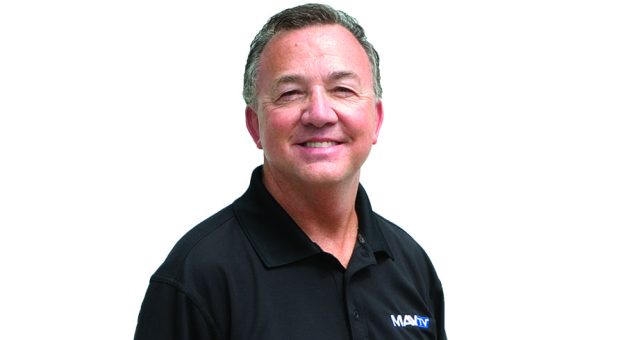We love you, Charley. We need you, too.The story was from the 1980s, but it could just as well describe a scenario from last week.
We love you, Charley. We need you, too.
The story was from the 1980s, but it could just as well describe a scenario from last week.
A driver was describing how his tenure in a certain race car came together, recalling the cast of characters: he was the driver, Joe Bob was the mechanic and Charley back home was paying the bills.
Somebody‘s got to pay the bills, right?
Every race team in history — yesterday, today, and tomorrow — is formed by a unique combination of people. If the roster remains intact for more than one season, that‘s an accomplishment. People come and people go — especially the people responsible for paying the bills.
If somebody owns a company doing $900 million in annual sales, they can probably race for a while before they run out of money. But the vast majority of race cars are funded by someone with limited resources. And when you combine limitless spending with limited resources, uncertainty quickly enters the picture.
For example, looking back at the driver‘s episode from those decades ago, it‘s easy to see the full arc of the story. A guy with a small business (who really loves racing) wants to get involved with a race car. He looks at his busy little operation and the profits seem healthy. So, with all the enthusiasm of an intoxicated sailor, he wades right in.
They buy a car. Joe Bob, the young mechanic, agrees to drive the truck and maintain the race car. Brad, the driver, is currently out of a ride, so when they offer him the deal — why not?
Brad and Joe Bob drive off into the sunset to go face the lions. They run pretty well and they‘re competitive most every night. And they‘re using their stuff up at a normal clip.
Tires? Send the bill to Charley, please. Fuel for the truck? Motel bills? Put it on the credit card Charley gave us. Pit passes. Fuel for the race car. Torsion bars. Brake parts. Never mind, Charley will take care of it. We gotta keep racing!
God bless Charley. He‘s excited when he gets to the track to watch and he loves those late-night calls detailing how Brad and Joe Bob did out west. He loves telling the guys at the supply house how “his” race car is doing.
Then the bills begin to arrive. Charley looks at the totals and is confused.
$7,800 for tires? In one month? No, that can‘t be right.
And what‘s this on the credit card statement … $2,800 for motels? $1,500 for fuel?
There must be some mistake.
Sitting at his desk, he stares out the window. He was thinking of buying a new service truck next month. But that‘s $60 grand, and … well, maybe next year.
The phone rings. It‘s Joe Bob. He isn‘t calling to discuss the weather.
“Our motor don‘t pull good,” Joe Bob begins. “I know it ain‘t old, but … we need to upgrade, Charley. We can‘t keep up with these guys.”
Charley swallows. Jim Bob tells him how much. He swallows again.
After he hangs up, his mind is doing some quick calculating. Something begins to come into focus: the total cost of this deal would cover two or three — or four — new service trucks.
Every year.
And here is the element that has never been fully documented in our sport, but it is a supreme reality nonetheless: Charley‘s wife comes in the office and looks at the bills spread across his desk. She looks at the figures and her eyes are growing wider and her mouth is hanging open.
What happens next could be described with many different expressions and clichés: Flying off the handle. Hitting the ceiling. Losing it.
She looks at Charley and shakes her head.
“Uh-uh. No way. Nope.”
So like a small footnote in history, the “Charley special” race car fades from the scene. He goes back to his world of plumbing or construction or whatever, and once again he‘s “just a fan” with nothing more invested than the cost of a pit pass.
But he‘ll never forget the time when he was the guy paying the bills.
People come, and people go. Especially people like Charley.
God Bless Charley.![]()
